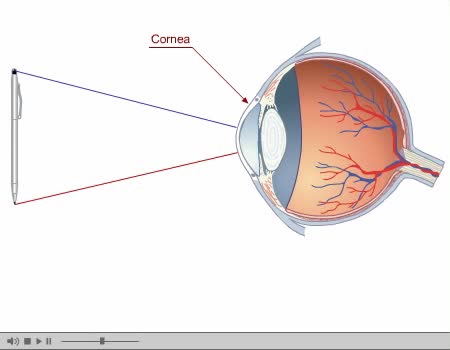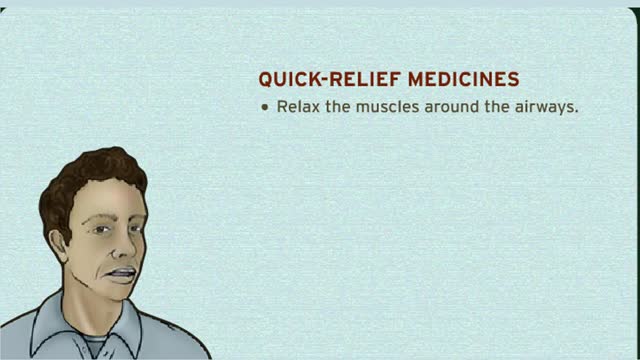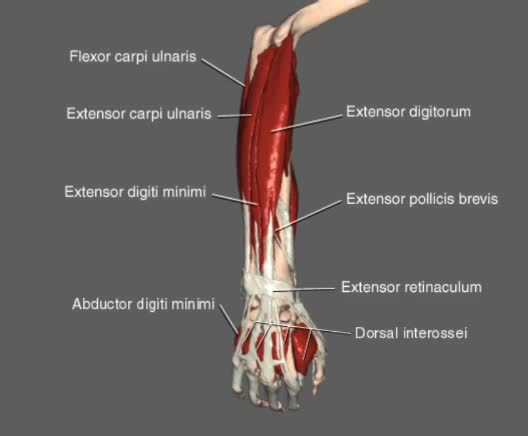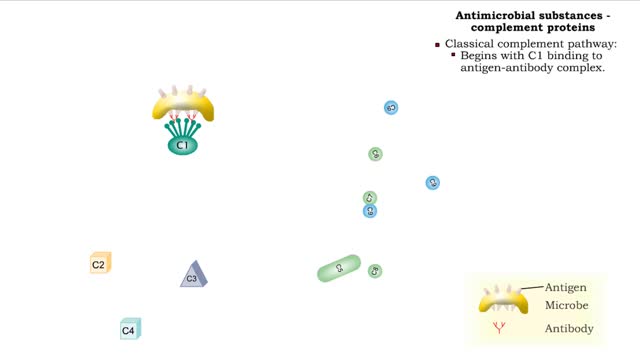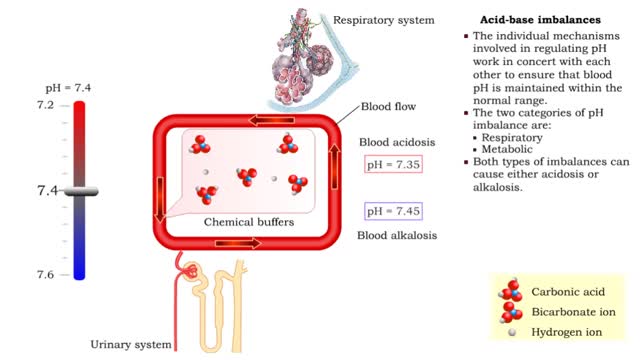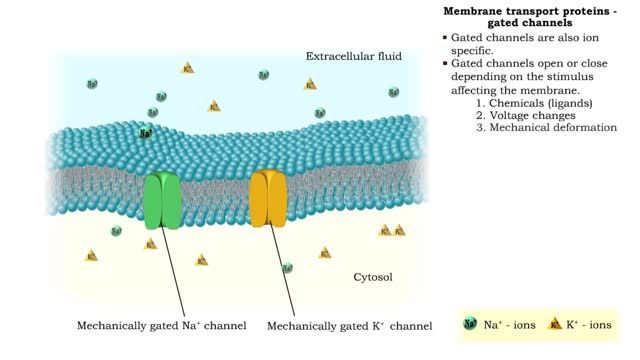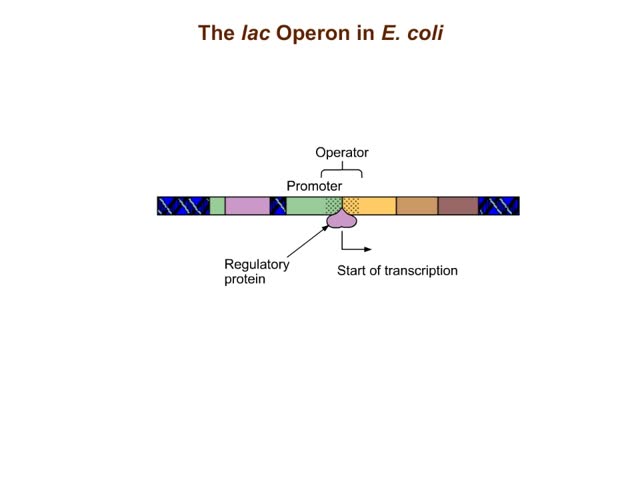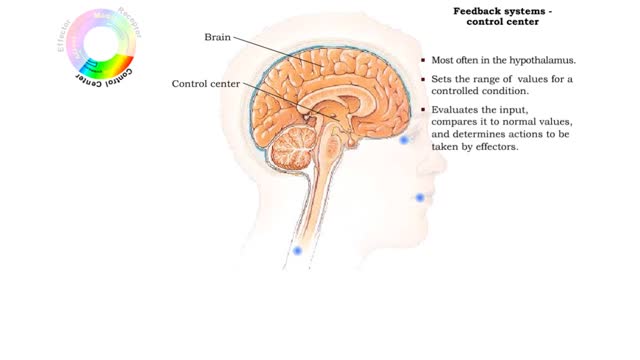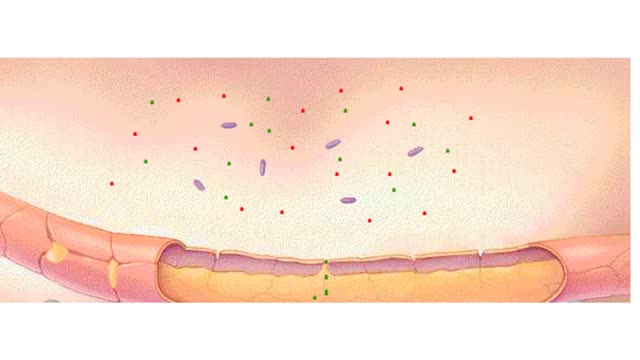Search Results
Results for: 'How do proteins work'
Virtual Tour of the Eye Animation
By: Administrator, Views: 13731
Eye Composed of special anatomical structures that work together to facilitate sight: Cornea Pupil Lens Vitreous body Light stimulates sensory receptors (rods and cones) in the retina or innermost layer of the eye. Vision is made possible through the coordinated actions of nerves that co...
How does asthma work?And How do you treat asthma?
By: HWC, Views: 10009
These are the parts of the respiratory system. Sinuses and Nasal Passages Mouth Windpipe (Trachea) Lungs Airways (Bronchial Tubes) Airsacs (Alveoli) When we breathe, air moves easily in and out of the lungs. The small airways are also called bronchial tubes. The side of the tube is...
By: Administrator, Views: 470
Muscles of both the upper arm and forearm control movement of the forearm. The biceps brachii flex the forearm and work with the supinator of the forearm to rotate it so the palm faces upward. The pronator teres and quadratus control pronation, or rotation of the forearm so that the palm faces do...
Types of antimicrobial substances (interferons & complement protein)
By: HWC, Views: 11117
• Found in blood and interstitial fluids. • Discourage microbial growth. • Include interferon and complement proteins. • Produced and released by virus-infected lymphocytes. • Enter new cells and inhibit viral replication. • Act against a large variety of viruses (non-speci...
Acid-base imbalances - respiratory acidosis and alkalosis
By: HWC, Views: 11367
• The individual mechanisms involved in regulating pH work in concert with each other to ensure that blood pH is maintained within the normal range. • The two categories of pH imbalance are: • Respiratory • Metabolic • Both types of imbalances can cause either acidosis or alka...
Membrane transport proteins - pores, gated channels and pumps
By: HWC, Views: 11183
• a Three different types of membrane ion transport proteins are required to produce and carry electrical signals: • Pores • Gated channels • Na+/ K+ pump • Pores are always open and allow the diffusion of Na+ and K+ ions across the membrane, down their concentration gradients...
By: Administrator, Views: 15160
The lac operon (lactose operon) is an operon required for the transport and metabolism of lactose in Escherichia coli and many other enteric bacteria. Although glucose is the preferred carbon source for most bacteria, the lac operon allows for the effective digestion of lactose when glucose is no...
Component of feedback systems & Communication and regulation of body systems
By: HWC, Views: 11231
• Primary responsibility for communication and regulation in the body is shared by the nervous and endocrine systems. • The two systems work alone or together in specialized physiological processes called feedback systems to maintain homeostasis. • Feedback systems - or loops - are ...
Inflammatory response Animation
By: HWC, Views: 7626
Any tissue damage or bacterial invasion can bring about inflammation. The inflammatory response can be triggered by an invasion of bacteria, or by a cut or other physical damage to cells. Chemicals, such as histamine, released by the bacteria or damaged cells. accumulate in the tissue. Thes...
Advertisement



